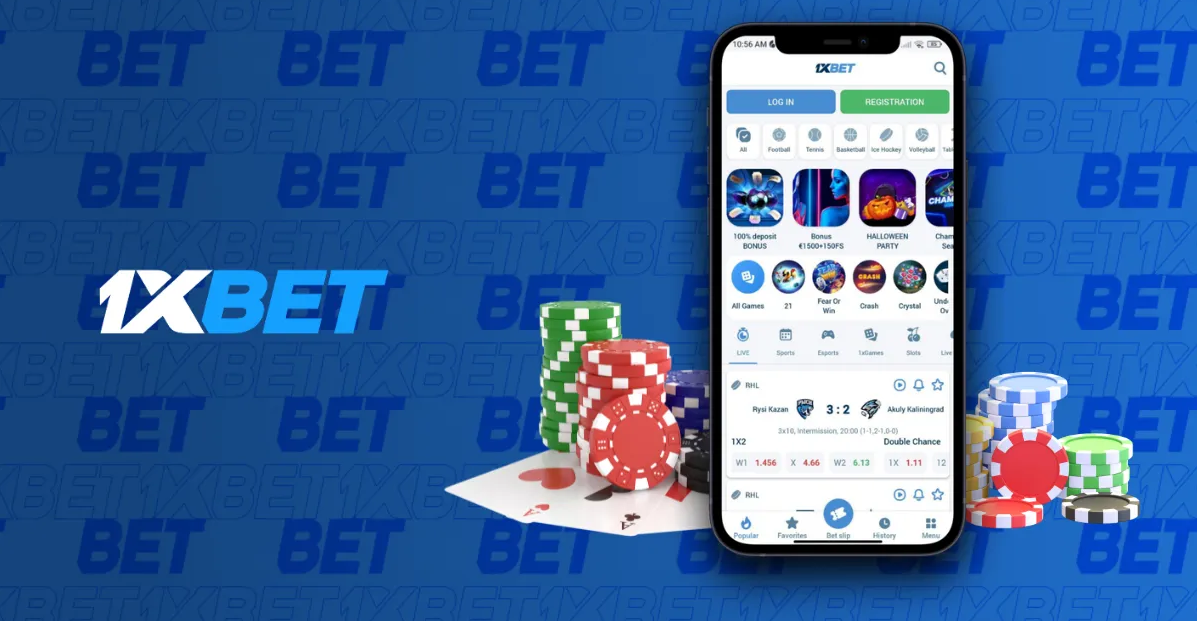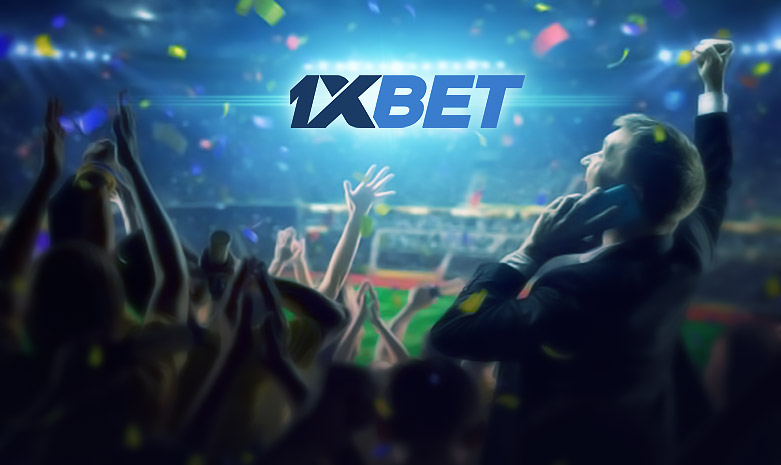
How Casinos Gamify Loyalty Programs to Increase Engagement
In a competitive landscape where How Casinos Gamify Loyalty Programs to Increase Engagement online gambling site offerings are vast and varied, casinos are constantly seeking innovative strategies to maintain player interest and enhance engagement. One of the most effective methods they’ve adopted is the gamification of loyalty programs. This article delves into how casinos deploy gamification to not only retain existing players but also attract new ones.
Gamification refers to the application of game-design elements in non-game contexts, and its adoption in loyalty programs leverages elements such as points, rewards, challenges, and competition to motivate players. The success of these gamification strategies in fostering loyalty can be attributed to several psychological principles, making the gaming experience more enjoyable and rewarding.
The Psychological Impact of Gamification
The essence of gamification lies in its ability to tap into fundamental human drives. People have an intrinsic desire for achievement, recognition, and competition. By integrating gamified elements, casinos can effectively meet these desires. For instance, earning loyalty points not only offers tangible rewards but also provides players with a sense of accomplishment.
Moreover, leaderboards and competitions can stimulate the competitive instinct in players. When customers see their names on a leaderboard, it incentivizes them to play more frequently and spend more to maintain or improve their rank. This competition fosters a community atmosphere, leading to increased engagement and player retention.
Point Systems and Tiered Rewards
One of the most prevalent gamification strategies in casino loyalty programs is the point system. Players earn points for various activities, such as gaming, participating in events, or even engaging with the casino on social media platforms. These points serve as currency that can be redeemed for rewards like free spins, cash bonuses, or exclusive access to VIP events.
Many casinos also employ tiered loyalty programs, where players can ascend through levels based on the points they accumulate. Each tier unlocks more valuable rewards and exclusive promotions. This structure not only motivates players to continue playing but also creates a sense of prestige and belonging as they achieve higher status within the casino community.
Challenges and Missions
Beyond point accumulation, casinos are increasingly introducing challenges and missions that players can complete for additional rewards. These can range from simple tasks, such as betting a certain amount within a specific time frame, to complex missions that require strategic play over a longer period.
Challenges add variety to the gameplay experience while also encouraging players to explore different games and features the casino offers. By accomplishing these defined objectives, players can enhance their gaming atmosphere, making them feel more invested in their experience.
Social Interaction and Community Building

Casinos leverage the social aspect of gaming through gamified loyalty programs by fostering community interactions. Social features, such as sharing achievements on social media or collaborating with other players in challenges, enhance the sense of belonging.
Some casinos host events or tournaments, where players can compete against each other for prizes, further building community ties. Such social interactions can increase customer loyalty, as players form connections and are more likely to return to a place where they feel part of a community.
Technology and Mobile Integration
As technology evolves, so do the methods casinos use to engage their players. Mobile gaming has become essential, and many casinos offer apps or mobile-enabled sites to facilitate gamified experiences. These platforms allow for real-time tracking of points, participation in challenges, and immediate access to rewards.
Mobile integration also enables location-based gamification elements. For example, players can receive offers or challenges when they are near the casino’s physical location, encouraging foot traffic and in-person visits. This seamless interaction between online and offline gaming enriches the overall user experience.
Case Studies: Successful Gamified Loyalty Programs
Several casinos have successfully implemented gamified loyalty programs with notable results. For instance, some online casinos have utilized dynamic loyalty programs that adapt to player behavior, allowing for personalized experiences tailored to individual preferences. This personalization can significantly enhance player satisfaction and retention.
Additionally, land-based casinos are also innovating. The introduction of interactive digital displays where players can track their progress in real-time not only keeps them informed but also maintains excitement and engagement as they witness their potential rewards evolve with their gameplay.
Challenges and Future Directions
Despite the numerous advantages of gamifying loyalty programs, challenges remain. The risk of over-saturation, where players become desensitized to rewards, can diminish the effectiveness of these programs over time. It’s critical for casinos to continually evolve and adapt their strategies to maintain player interest.
Future directions may also include the incorporation of augmented reality (AR) and virtual reality (VR) to create immersive loyalty experiences. As these technologies become more accessible, they could provide new avenues for engaging players and enhancing the emotional connection to the casino brand.
Conclusion
In today’s highly competitive gaming environment, casinos must find innovative ways to engage their players continually. Gamifying loyalty programs presents a powerful strategy to boost player retention and satisfaction. By integrating psychological principles, technologically advanced features, and community-building elements, casinos can create loyalty programs that not only incentivize players but enrich their overall gaming experience.

Post a Comment